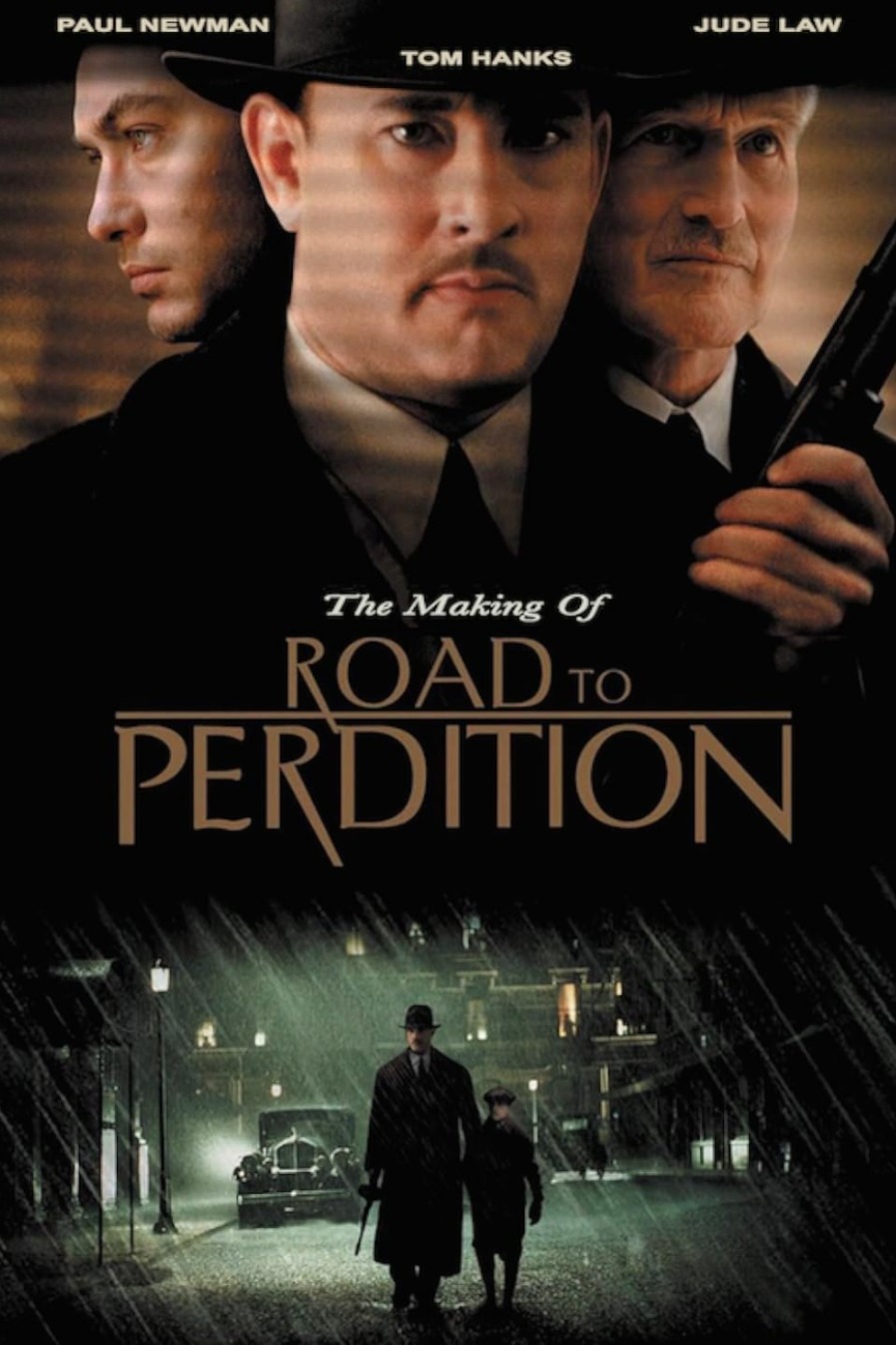
Personal info
Known for
Cinematographer
Gender
Male
Birthday
21 June
Location
, French Polynesia
Edit pageConrad L. Hall
Biography
Conrad Lafcadio Hall, ASC (June 21, 1926 – January 4, 2003) was a French Polynesian-born American cinematographer.
Named after writers Joseph Conrad and Lafcadio Hearn, he came widely prominent as a cinematographer earning numerous accolades including three Academy Awards (with ten nominations), three BAFTA Awards, and five American Society of Cinematographers Awards.
Hall won three Academy Awards for Best Cinematography for his work on Butch Cassidy and the Sundance Kid (1969), American Beauty (1999), and Road to Perdition (2002).
He was also Oscar-nominated for Morituri (1965), The Professionals (1966), In Cold Blood (1967), The Day of the Locust (1975), Tequila Sunrise (1988), Searching for Bobby Fischer (1993), and A Civil Action (1998). He is also known for Cool Hand Luke (1967), Fat City (1972), and Marathon Man (1976).
In 2003, Hall was judged to be one of history's ten most influential cinematographers in a survey of the members of the International Cinematographers Guild. He has been given a star on the Hollywood Walk of Fame.
Hall married Virginia Schwartz in 1952. They had three children, Conrad W. Hall, Kate Hall-Feist, and Naia Hall-West, before they divorced in 1969.
Hall met actress Katharine Ross on the set of Butch Cassidy and the Sundance Kid and became her third of five husbands in 1969. Hall and Ross separated in 1973, finalizing their divorce in 1975 so that she could marry her fourth husband.
His third marriage was to costume designer Susan Kowarsh-Hall, whom he worked with on Road to Perdition (2002), from an unknown date until his death.
Hall died from bladder cancer at Santa Monica Hospital on January 4, 2003, at the age of 76. His Oscar for Road to Perdition (2002), which is dedicated to Hall, was posthumously accepted by his son Conrad W. Hall, also a cinematographer.
Hall was and still is affectionately referred to as "Connie" by his peers and associates.

